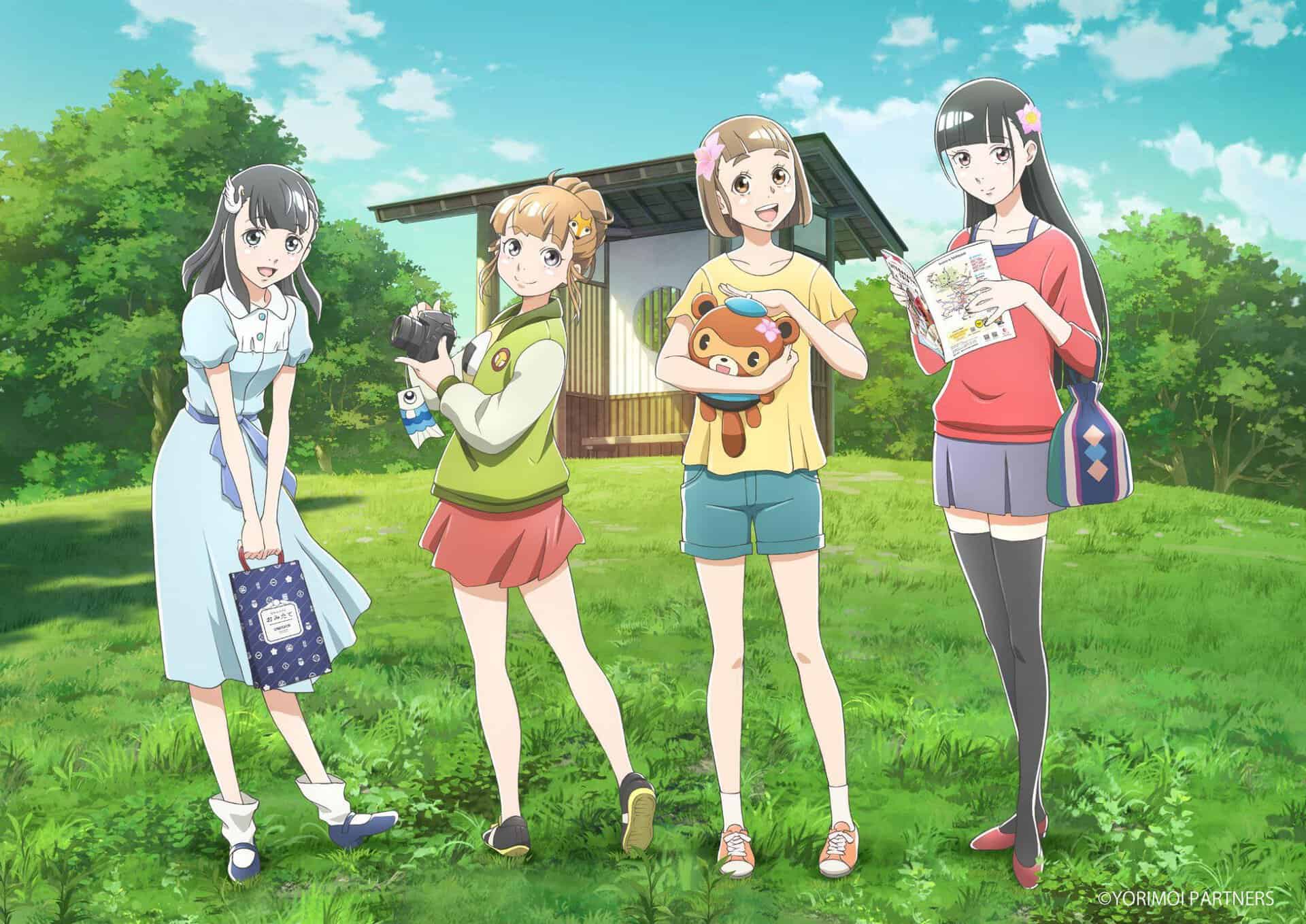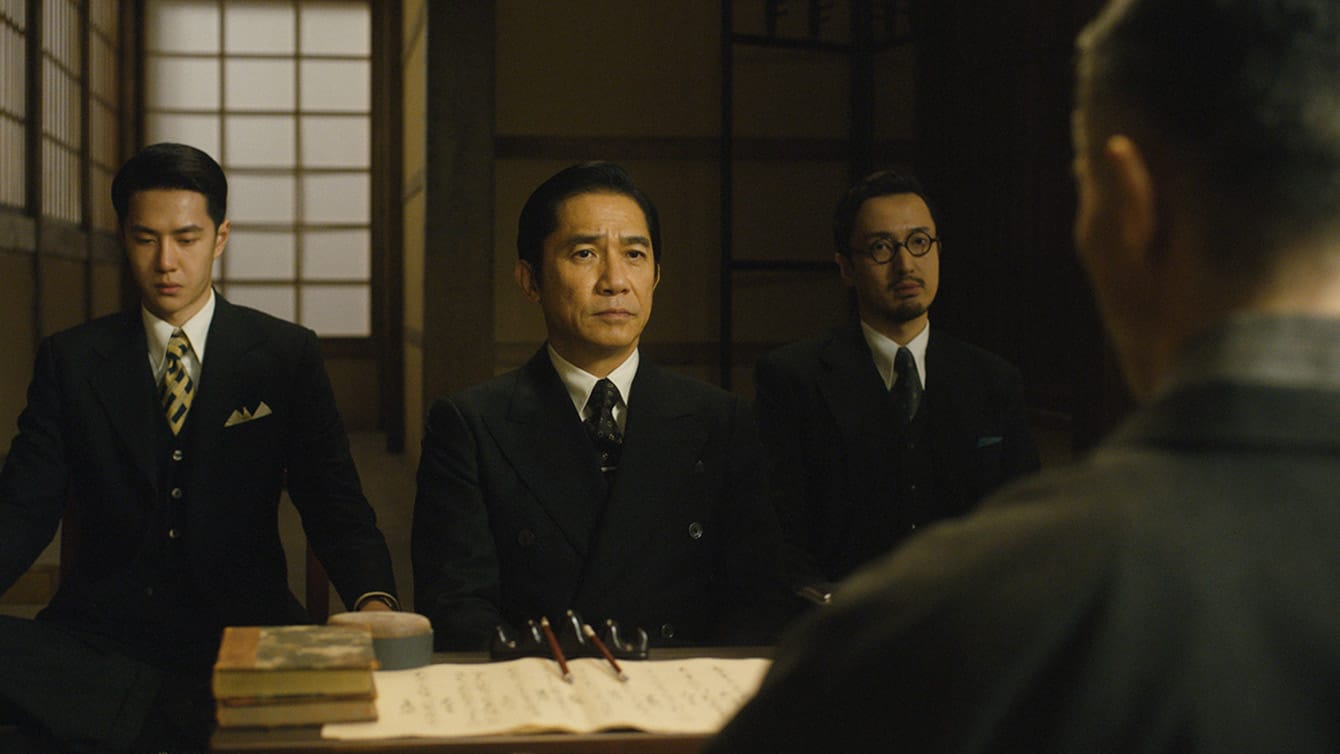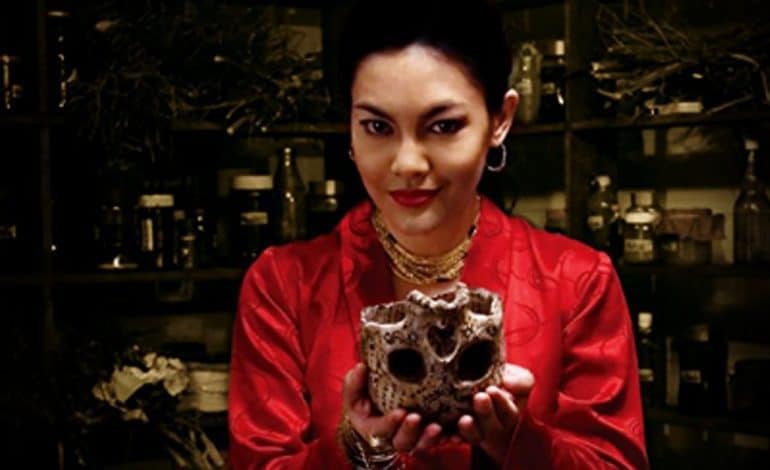“The Goldfish: Dreaming of the Sea” follows Hana (Miyu Ogawa, Special Actors)—an 18-year-old raised in a group home since her mother's imprisonment 10 years prior—as she watches over the home's newest arrival, Harumi (Runa Hanada), a young, withdrawn girl who can't get along with the rest of the group. As the pair become closer and Harumi starts to open up, Hana discovers Harumi's history with physical abuse and recalls her own memories of trauma when she learns of her mother's appeal for retrial.” (Japan Cuts)
“The Goldfish – Dreaming of the Seas” is screening as part of Japan Cuts
Sara Ogawa's second feature film offers a captivating look at the life of a girl (Hana) whose spent her life in a group home due to the actions of her mother. Using the home as a a stage to explore the drama inherent in such institutions, the weight of the pending trial of Hana's mother adds an extra layer of immediacy to the latter's desires to both get closure of past events and help a new arrival at the home. This sense of immediacy, brought on by the pending trial and the chance to finally see her mom after years in prison, makes for a deeply tragic tale where the protagonist's struggle to excel seems all the more daunting. Furthermore, “The Goldfish” trends uncommon ground in focusing on the fallout of a murder on the family of the perpetrator, and the weight of their absence in defining those left behind.
Adding intrigue to the narrative, there are plenty of similarities to view Hana as the daughter of Masumi Hayashi, a famous killer who poisoned a large crowd at a summer fest resulting in four deaths, many injuries and copy cat killers to pop-up (You can read more about it here). As more a fascinating side note for true crime fans, one of Hayashi's daughters also recently committed murder before deciding to end her own life. Admittedly, this will not change the narrative for those watching, but may add an extra layer of tragedy to the viewing experience knowing how Hana's struggle is (possibly) tied to such an infamous case.

Taking a nuanced approach to the subject matter on the plight of Hana, “The Goldfish” emphasis on character development puts all focus on Miyu Ogawa's performance. Thankfully, the young actor impresses with an emotional range that captures both the character's anguish of being abandoned and her resolve to save the young Harumi. Perfectly cast, Ogawa handles the role with a maturity beyond her years – an ideal choice in conveying a deeply complex and troubled persona.
Presentation wise, the film focuses on capturing the environment as naturally as possible, the cinematography is very intimate and the accompanying score is practically non-existent. Arguably simplistic to a fault, the minimalist approach puts extra emphasis on the performance of Ogawa and the ambiance of a lived in space (the group home). Essentially, the film aims to put forth the most humane interpretation of the script surrounding the viewer with the same atmosphere that has come to define the protagonist's life – it may not be aesthetically pleasing but it fits perfectly.
I found myself rather mesmerized by “The Goldfish – Dreaming with the Sea”, by dealing with deeply complex issues and approaching it in a simplistic and humanist manner. Furthermore, the film is a welcome call for compassion in a rather turbulent media landscape which is quick to celebrate the downfall of anyone with zero consideration for family and those that they had an impact on. If anything, the film teaches us that even when matters are very black and white that one should always be considerate of those who suffer from the loss of anyone. “The Goldfish” is a powerful experience bound to resonate with audiences – don't miss a chance to check it out.















